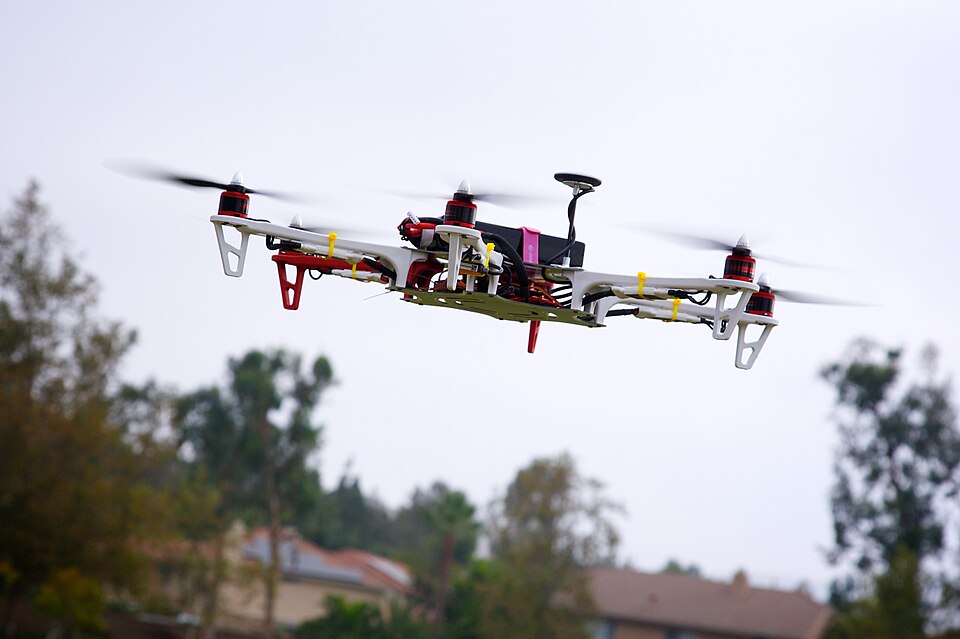
Two key Russian airbases housing strategic bombers—one in the Arctic and the other in Siberia—were reportedly set ablaze in a bold drone strike attributed to Ukraine, in what Russian military
commentators are calling one of the most significant blows of the war so far.
The Olenya airbase in Russia’s far-northern Murmansk region and the Belaya airbase in Irkutsk, eastern Siberia, both came under attack. These bases host Tu-95 and Tu-22M3 bombers capable of delivering nuclear payloads, although they’ve primarily been used in conventional attacks on Ukraine.
According to Ukrainian sources, more than 40 aircraft were hit in a coordinated operation by Ukraine’s SBU security service. Unconfirmed estimates suggest the damage could exceed £1.5 billion, with all four Tu-95MS bombers at Olenya reportedly destroyed.
Videos and reports indicate that the drones were launched from civilian-looking trucks parked near the bases—possibly without the knowledge of the drivers. In Irkutsk, footage captured drones emerging from a truck before targeting the airfield.
Pro-war Russian Telegram channels described the strike as "Russia’s Pearl Harbor," criticizing the lack of preparedness and calling for a retaliatory response, including nuclear threats. Prominent commentators claimed this attack gives Russia grounds to respond with nuclear force under its defense doctrine, which allows such retaliation if critical military infrastructure is compromised.
Some Russian pundits blamed Western intelligence and covert support, suggesting that NATO allies could become targets. There were also calls for direct attacks on Britain and other NATO countries.
Meanwhile, additional unverified reports suggested possible drone strikes near Severomorsk, the Arctic base for Russia’s Northern Fleet and nuclear submarines. Footage showed thick black smoke rising from what was believed to be a high-security naval site.
Military analysts in Russia acknowledged the seriousness of the losses. One pro-Kremlin channel stated that the destruction of strategic bombers—many of which are no longer in production—is a severe blow to Russia’s nuclear deterrence capability.
Despite the dramatic escalation, Russian officials reportedly traveled to Istanbul for scheduled peace talks with Ukrainian counterparts, signaling that diplomatic channels remain open, even amid heightened tensions.
The full impact of the strikes, and any forthcoming Russian response, remains to be seen. However, the attack has clearly shaken confidence in Russia’s military security and exposed vulnerabilities thousands of miles from the front lines. Photo by Richard Unten, Wikimedia commons.








































